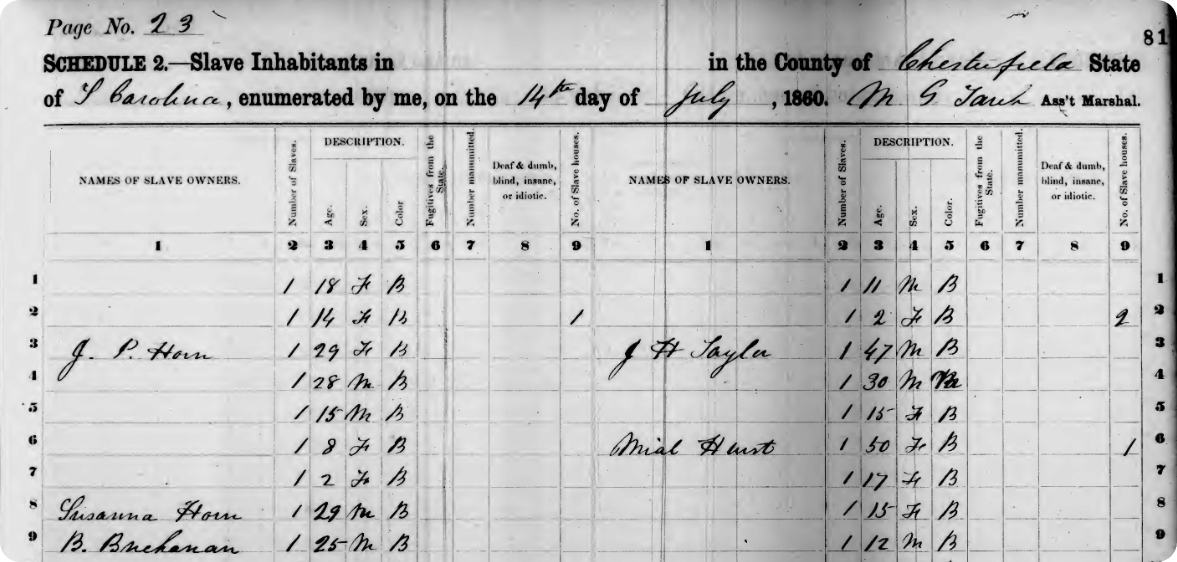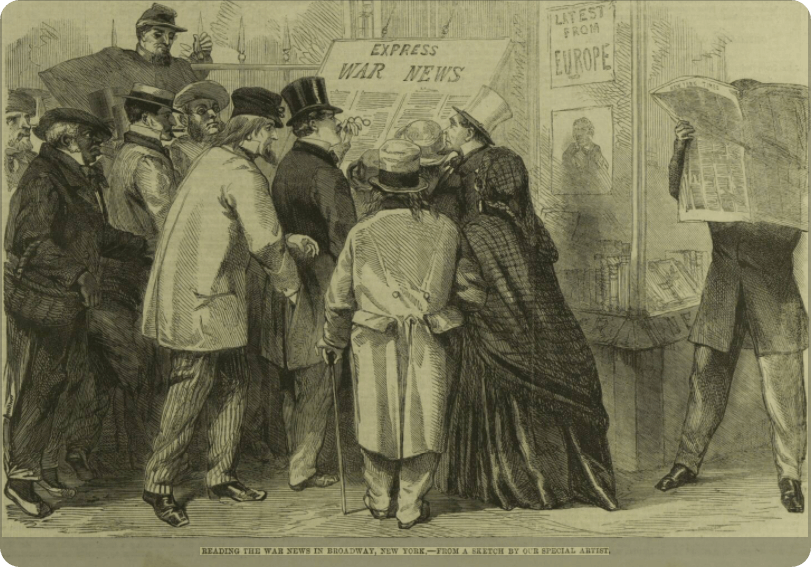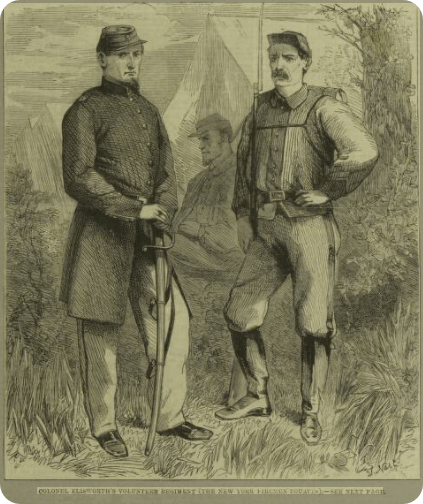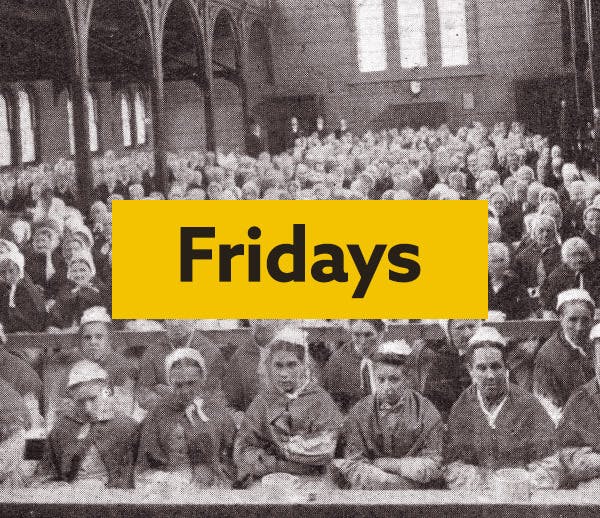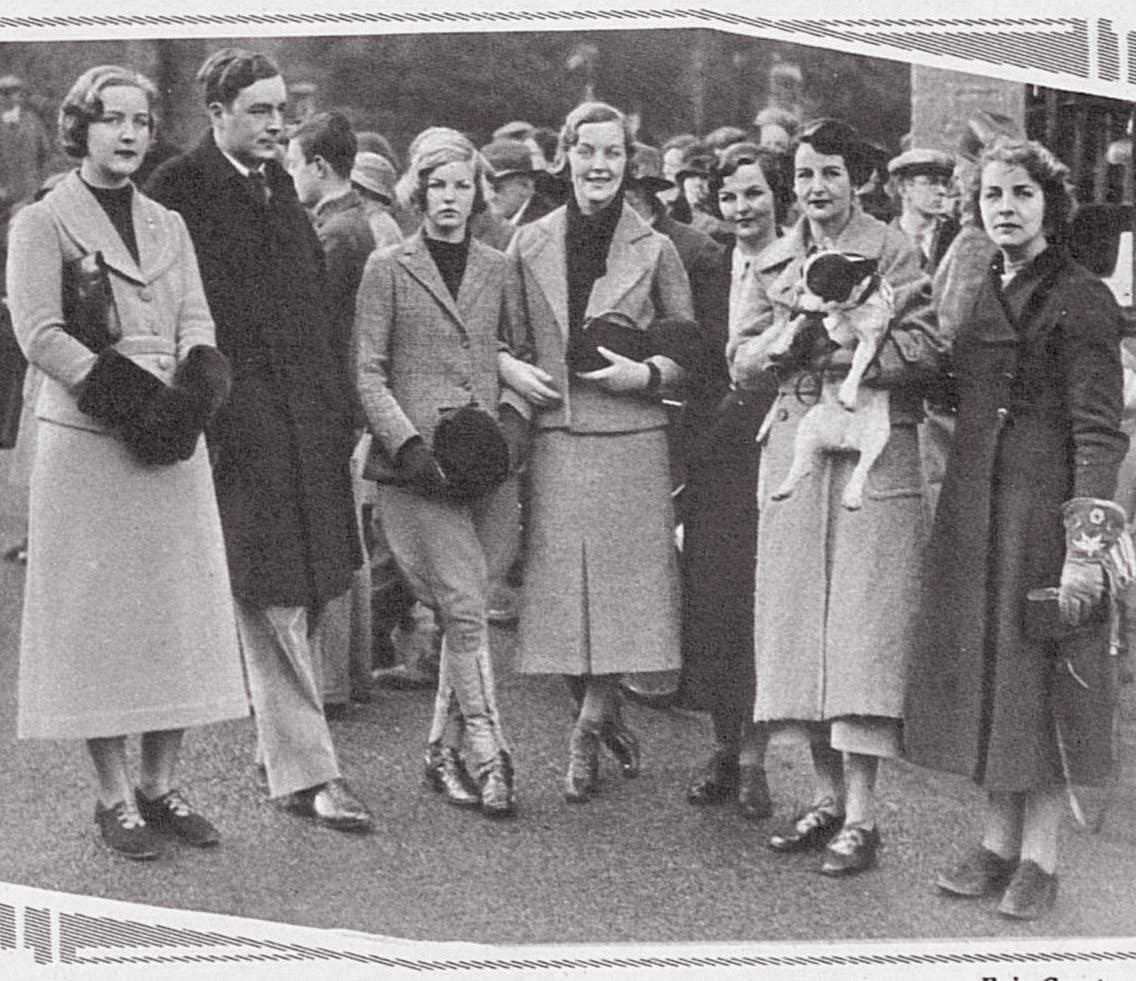This week, explore everything from Norfolk to North American history
4-5 minute read
By Jessie Ohara | February 25, 2022
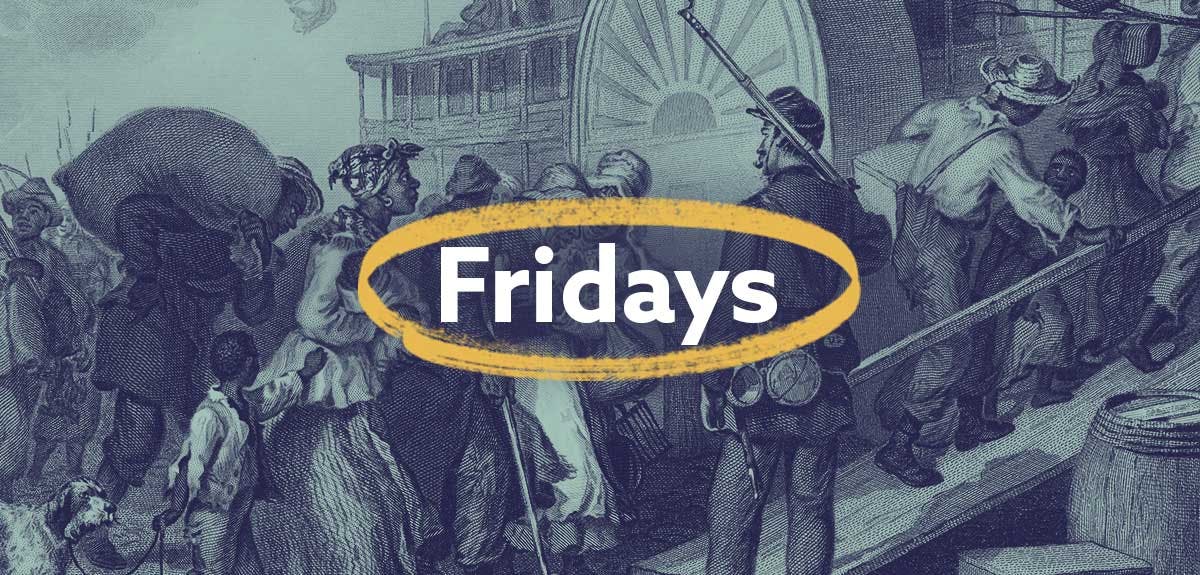
Discover thousands of untold stories in this week's release.
It's a big week at Findmypast, with two new record collections and an incredible 89 new and updated newspapers.
US Census 1860, Slave Schedule Browse
This collection is part of the wider 1860 US Census, as enslaved people were enumerated on a separate schedule to free people. While they were not enumerated with their name, the 1860 Slave Schedule details their estimated age, their race (black or mixed-race), whether or not they had any infirmities, and whether or not they were a fugitive of the state. The enslaver, however, is noted by name.
This collection dates directly before the American Civil War, beginning 1861, and following that, the Emancipation Proclamation of 1862. The Emancipation Proclamation didn't end slavery - it simply stated that the enslaved people in specifically rebel states were free, leaving those in loyal states untouched by the proclamation. Additionally, it was entirely reliant upon a Union victory.
However, it sparked a fire within much of the American population, and changed the character of the war. Each progression of the rebel troops expanded the boundaries which defined the freedom of thousands of enslaved people. The Proclamation went on to announce that newly-freed people could fight as soldiers in the war. This led to over 200,000 black and mixed race people being freed from slavery, and fighting for the Union Army and Navy - meaning the newly liberated could now become liberators.
While this collection may not be as informative when used standalone, it becomes absolutely key when considered alongside other sources. The 1870 US Census, for example, is an excellent resource when tracking people freed during the American Civil War as they worked to rebuilt their lives after emancipation. If you have a hypothesis about your enslaved ancestors, or if you're trying to trace their journey through slavery and consequent liberation, this collection can confirm your theories and solidify your ancestor's story. It is entirely free to view.
Norfolk Monumental Inscriptions Index 1600-1900
Perhaps you've already discovered the burial records for your ancestors in Norfolk, but the story doesn't end there. Monumental inscriptions can be an excellent resource for painting a bolder picture of your family.
These records detail the exact inscription on your ancestor's grave, which may even indicate other family members' names. Some records also note the exact location of the grave, and if your ancestor had a military career, some will list the rank and regiment. All of these can give you more avenues to explore when discovering your family history, but more than that, they often include sentimental and poignant notes from family members. There's no doubt that this index will help you build a closer connection with your history.
What's headlining this week?
Newspapers race ahead of our other releases, with an incredible 29 new titles and 60 updated titles. It's all about local history this week, with titles from Birmingham to Brixham, from Darlington to Dover. Many of these newspapers document a more recent history, with 18 of our new papers focusing on the 1980s or later. Perhaps it's time to take a break from your centuries-gone ancestors - will you find someone closer to home? Explore more with the full list of new and updated titles below.
New titles:
- Aberdare Leader, 1986
- Abergele & Pensarn Visitor, 1986
- Belper & Alfreton Chronicle, 1885-1897, 1899-1901
- Birmingham Weekly Mercury, 1986
- Border Advertiser, 1868, 1870-1872, 1875-1877, 1879-1886, 1888-1889, 1891-1892
- Brixham Western Guardian, 1902-1910, 1912-1914, 1916, 1918-1922, 1925, 1944, 1946
- Cambridge Town Crier, 1986
- Cambridge Weekly News, 1986
- Commercial, Shipping & General Advertiser for West Cornwall, 1867-1892, 1894-1913
- Cornish Echo and Falmouth & Penryn Times, 1861-1912
- Crosby Herald, 1986
- Distillers’, Brewers’, and Spirit Merchants’ Magazine, 1897-1905
- Dover Chronicle, 1835, 1837-1882, 1884-1888, 1890-1893, 1895, 1897-1927
- East Grinstead Observer, 1986
- Ellesmere Port Pioneer, 1988-1989
- Gloucester News, 1986
- Harlow Star, 1983
- Huntingdon Town Crier, 1986
- Middleton Guardian, 1986
- North Star (Darlington), 1885
- Nottingham Guardian, 1962
- Nottingham Recorder, 1986
- Nuneaton Chronicle, 1873-1900
- Richmond Informer, 1986, 1989
- Rossendale Free Press, 1889, 1986
- Rutland Times, 1994-1999
- Sunbury & Shepperton Herald, 1986
- Trowbridge Chronicle,1861-1868, 1871-1906
- Walton & Weybridge Informer, 1986
Updated titles:
- Acton Gazette, 1988
- Ashbourne News Telegraph, 1959, 1963
- Ayrshire Post, 1986
- Birmingham Daily Gazette, 1892, 1895
- Birmingham Mail, 1986
- Bracknell Times, 1977
- Buckinghamshire Examiner, 1986
- Burton Daily Mail, 1986
- Carmarthen Journal, 1987
- Central Somerset Gazette, 1988
- Chatham News, 1859-1861
- Cheddar Valley Gazette, 1987-1988
- Chelsea News and General Advertiser, 1986
- Cheshire Observer, 1984
- Cheshunt and Waltham Mercury, 1988-1989
- Chester Chronicle, 1959, 1988, 1990
- Coventry Standard, 1959
- Crewe Chronicle, 1986, 1989
- Derby Express, 1988, 1990
- Hammersmith & Shepherds Bush Gazette, 1973, 1989
- Harrow Observer, 1988
- Hertford Mercury and Reformer, 1985, 1988-1989
- Herts and Essex Observer, 1984, 1988
- Hinckley Times, 1988
- Hoddesdon and Broxbourne Mercury, 1988-1989
- Huddersfield Daily Examiner, 1987
- Irvine Herald, 1986
- Kilmarnock Standard, 1978, 1986, 1988-1989
- Leek Post & Times and Cheadle News & Times and Moorland Advertiser, 1986
- London Chronicle, 1808, 1812, 1814-1815, 1818
- Long Eaton Advertiser, 1910, 1913, 1981
- Marylebone Mercury, 1984
- Middlesex County Times, 1984, 1988-1989
- Nantwich Chronicle, 1988, 1990
- Northern Guardian (Hartlepool), 1900
- Northern Weekly Gazette, 1863, 1901
- Nottingham Evening Post, 1962
- Ormskirk Advertiser, 1986
- Paisley Daily Express, 1986
- Pontypridd District Herald, 1881, 1884, 1890
- Poole Telegram, 1885
- Port Talbot Guardian, 1986
- Press (London), 1859
- Runcorn Examiner, 1878
- Runcorn Guardian, 1899
- Saffron Walden Weekly News, 1920, 1959, 1969, 1974-1975, 1980, 1982
- Scottish Leader, 1890-1891
- Scottish Press, 1856
- Sevenoaks Chronicle and Kentish Advertiser, 1989
- Southall Gazette, 1985-1987
- Stirling Observer, 1986
- Stockport Advertiser and Guardian, 1862, 1871
- Swansea and Glamorgan Herald, 1868, 1873
- Tamworth Herald, 1988
- Taunton Courier, and Western Advertiser, 1881-1882, 1891-1892, 1964
- Warminster Herald, 1873, 1883
- Westerham Herald, 1919, 1928
- Western Gazette, 1986
- Westminster & Pimlico News, 1985-1987
- Wishaw Press, 1988-1989
Findmypast Fridays Live
Join Rose in diving headfirst into our extensive newspaper archive, and discover how best to optimize your search.
Newspapers are an incredible resource for discovering not only personal family history, but exploring the wider social and economic history in your area. Check out this blog article on the one million pages we have available for free on Findmypast, and as ever, make sure to email your discoveries to [email protected].
